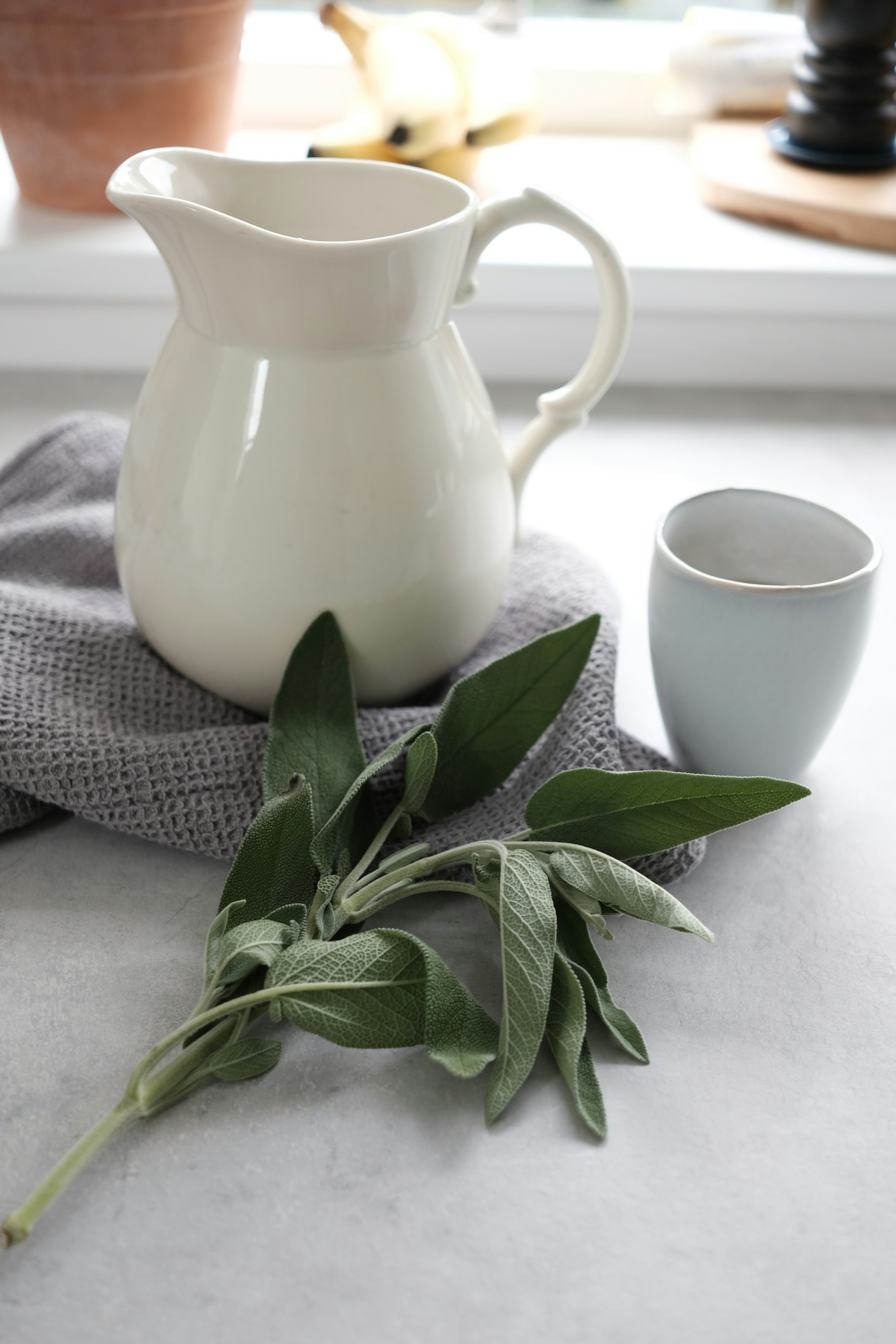How Long Does It Take for Milk to Dry Up?
Release just enough milk to relieve engorgement and ease any discomfort. The removal of milk from the breasts is what stimulates breast milk production.

Will Breast Milk Dry Up on Its Own?
Yes, if you stop breastfeeding, your breast milk production will slowly decline.
Is There a Way to Prevent Lactation?
No, during late pregnancy, your breasts produce a clear liquid called colostrum, but eventually, a few days after giving birth, your body will start to produce mature breast milk, whether you decide to breastfeed or not. Your breast will become fuller and heavier as your body starts to produce milk. If for any reason, you don't breastfeed or express, your Prolactin levels will drop, and your milk production will ultimately come to a halt within a few days.
For those who have an established milk supply and have been breastfeeding for a while - weaning should always be done gradually. If you stop breastfeeding too quickly, you could cause a clocked duct, leading to mastitis and even breast abscesses.
If it is at all possible for you to continue breastfeeding, please consider doing so. It is recommended to breastfeed for at least one year. The best time to wean is when the mother and the baby are ready. Why?
Why is breastfeeding important?
Suppose, for some medical reason, you cannot breastfeed but would still like your baby to benefit from the incredible advantages breast milk offers. In that case, you should consider getting donated breast milk.
How Long Does It Take for Milk to Dry Up?
Usually, it will take about two weeks for your body to return to its non-lactating hormonal levels after giving birth if you are not expressing milk or breastfeeding. During this time, you may experience some engorgement and discomfort. Not everybody will share the same timeline where this is concerned. Some mothers may notice a quicker decline in milk production compared to others, who may see that their breasts produce drops of milk months later.
The time it takes for your breasts to stop producing milk will also depend on when you stopped breastfeeding. If you stop breastfeeding at the two or three months mark, your breasts might take longer to dry up because you were producing quite a lot of milk. It's also normal to experience let-down sensations or leaking for months after ending the breastfeeding relationship.

The Tushbaby Hip Carrier
With its ergonomic design and comfortable waistband, Tushbaby provides optimal support for you and your baby. Say goodbye to shoulder and back pain from traditional carriers, as Tushbaby evenly distributes your baby's weight, relieving strain and promoting better posture.
How to Know if Your Breasts Are Drying Up?
Your breasts will start to feel softer.
How to Dry Up Breast Milk
- If you have been expressing or breastfeeding, you can slowly reduce the number of times you remove milk from the breasts. Doing this gradually is best and will prevent engorgement. Release just enough milk to relieve engorgement and ease any discomfort. The removal of milk from the breasts is what stimulates breast milk production.
- If you need to express some milk for comfort, it's best to use hand expression, stimulating the breast less than a breast pump.
- Avoid taking long, hot showers. Warm temperatures can stimulate milk production.
- Keep breast stimulation to a minimum. Avoid using breast shells. Avoid breast massage. Avoid sexual stimulation of the breasts.
- Wear a comfortable, wireless bra. This reduces unnecessary pressure on the breasts that could lead to a blocked duct.
- Use a cold compress to relieve any pain or discomfort. Chilled cabbage leaves have been used for many years as an engorgement remedy. CaboCréme is made of cabbage leaf extract to reduce breast milk production and stop lactation naturally.
- You can use Ibuprofin safely to relieve some pain and discomfort.
- Certain herbs can be used to reduce breast milk production. The most popular herbal lactation suppressant is Sage. When trying any herbs, you should work together with a lactation consultant. Always start with a small amount. Other herbs that might work include chasteberry and parsley. Peppermint oil and Jasmin can be applied topically. These herbal preparations should not be taken if you are still breastfeeding.
- Avoid lactogenic foods such as flaxseed, oats, and seaweed.

If in doubt, it's always best to ask a lactation consultant, midwife, or pediatrician for advice. You may also want to speak to your doctor about anti-prolactin drugs.
When to Get Medical Help
- If you notice any red or warm breast areas.
- If you notice a lump.
- If you have a fever.
- If you start to feel sick.
